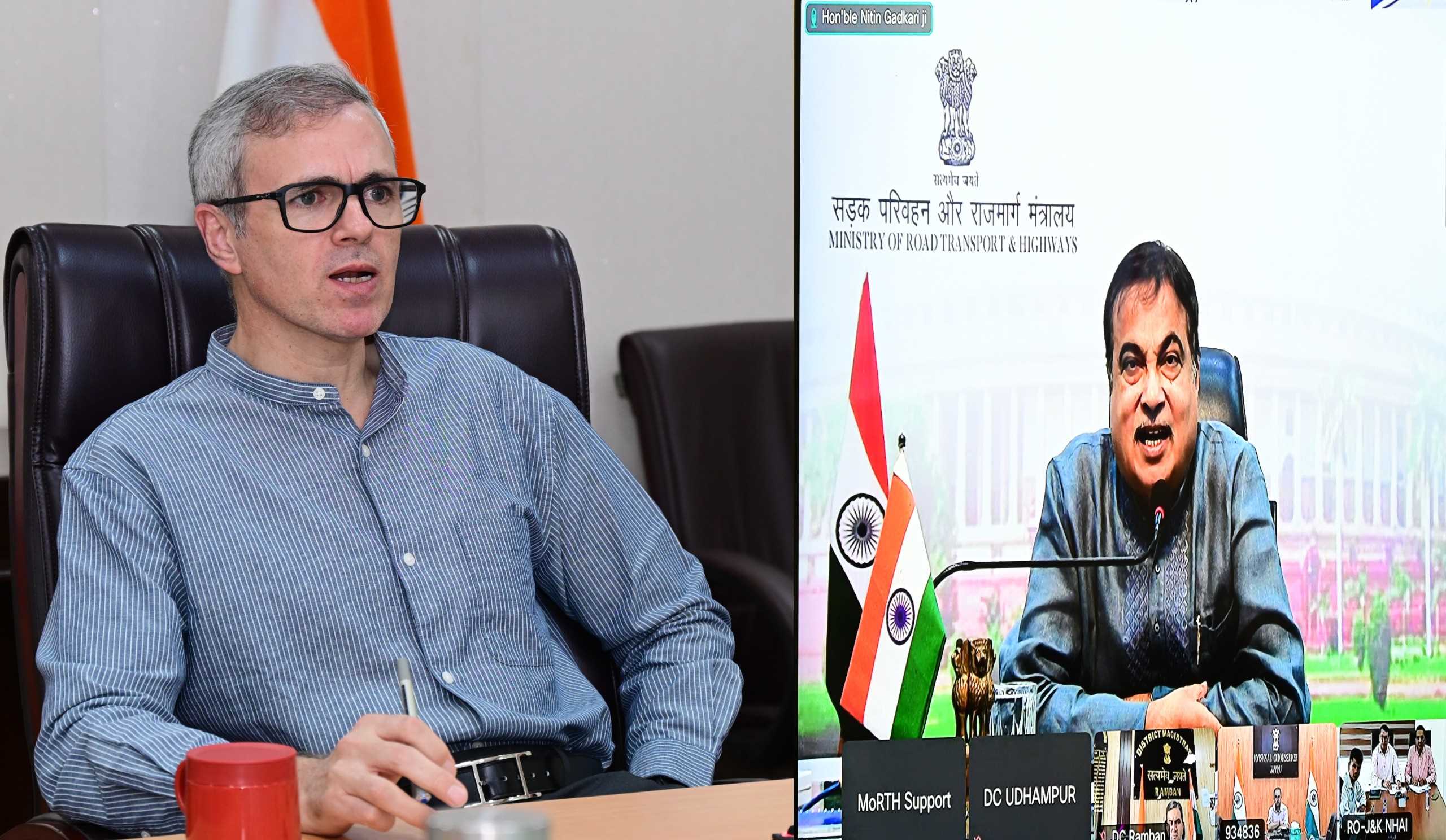We use words that embody profound concepts often without comprehending their nuances. So words remain simply words without producing the intended impact. If this is the state of inter-personal conversation, which becomes empty and ritualistic, what can one say about conversations that are of national importance and implications? A cluttered understanding of the operative meaning of a word contributes to tensions and conflicts at interpersonal, institutional and public domains. Confucius, the Chinese philosopher, had said, “If you want peace in the kingdom, be clear about your definitions”. Hence, for the sake of clear communication that leads to desired action towards fulfilment of our objectives, knowing the word is critically important.
In Indian literary traditions, a word has three meanings. Among others, Kaviraj Vishwanath Goswami has explained them in Sahitya Darpan. They are: shabdarth (literal meaning), bhavarth (figurative and contextual meaning), guddharth (deeper and philosophical meaning). Usually, the last one is imbibed by an individual who knows the earlier two meanings of the word.
Interestingly, I have encountered the confusion and gross misuse of words/concepts in all sectors – government, business, development, and academia, and so on. The development sector is the biggest victim of such confusions as it operates on a greater number of concepts than the other sectors. There is a litany of development jargons – need-based assessment, participatory development, livelihood generation, gender equity, sustainability, social mobilisation, inclusion, ownership, and so on. In politics, we see concepts like democracy, secularism, socialism, pluralism, equality, social justice, federalism, devolution, decentralisation, deprivation, discrimination and displacement, and so on.
Likewise in business, we come across words like growth, inflation, stagflation, recession, debt, fiscal deficit, private borrowing, globalisation, crony capitalism, demand, supply, demographic dividend, interest rate, price fluctuation, bitcoin, direct and indirect tax, GST, demonitisation and so on. When it is political economy, the confusion is even greater. People come across these words in everyday life in newspapers, political manifestos, budget etc. But, usually, they let the challenge of the word pass and consequently, cannot effectively engage in economic policies or activities.
Let me share one interesting and instructive anecdote that prompted me to come up with this column. A European development agency had invited their partner NGOs in India working on gender projects to a training-workshop run by a noted gender expert of our country. There were about 21 heads of NGOs attending it in a farmhouse in Delhi. I was one of them. Before the start of the training, the resource person (gender expert) asked all of us to write in a piece of paper, in a few words, the meaning of gender as we knew it. To everyone’s surprise, only one and a half answers were correct. The correct answer was given by a young lady who had attended a previous training programme conducted by the same gender expert. The half-correct answer was mine!
Today’s Concept is Ideology
Rahul Gandhi, the former President of Indian National Congress says that the current Parliament elections are a contest between two ideologies. Obviously, he is referring to the ideology adhered to by INC and that of Bharatiya Janata Party.
Jordan Peterson, a clinical psychologist and a professor from Canada talks about abandoning ideology (Rule 6) in his popular book ‘Twelve Rules of Life’. Any ideology manifests in tyranny of thinking by robbing the freedom of thought of an individual. The individual in question is supposed to subordinate himself to collective will (thought) embedded in an ideology. Peterson suggests that individual responsibility and moral discipline are antidotes to an ideology.
Western civilisation which claims to precede the rest of the world civilisations was once founded on traditional Judeo-Christian values and these values told the western history, culture, conventions and how people should live together civilly. As modern science and rationalism diminished belief in God and removed those foundations, there was a moral void. Ideologies came along in the 20th Century in order perhaps to fill this vacuum. Jordan Peterson however argues that they failed to satisfy the need and therefore we should abandon ideology altogether.
According to Peterson, ideology is a simplistic account of how the world works and of what is right vs wrong. In a sense, an ideology seeks to expose the causes of all suffering, claims to have the solution and offers the moral high ground to people who subscribe to it. For instance, Marxism explained all suffering in terms of class struggle, cast capitalists as the bad guys and claimed that we just need to redistribute wealth to make everyone equal and happy. Peterson says ideologies misrepresent the complexity of the real world.
In making a formidable case against ideology, Peterson said, “Ideologies are substitutes for true knowledge, and ideologues are always dangerous when they come to power, because a simple-minded I-know-it-all approach is no match for the complexity of existence”.
Daniel Bell in his book ‘The End of Ideology’ (Harvard University Press, 1960) suggested that the political ideas by 1960s were all exhausted and had lost their relevance. At the same time, the need of economics had gained centrality. They argued that it was immaterial which ideology one followed, what was important was to ask whether humanity had achieved the level of development necessary for a decent life. Hence he argued that what matters is development of a society and not ideology or politics. There were other scholars who agreed with Bell’s formulation. Prominent among them, W.W. Rostow in his book ‘Stages of Economic Growth: A Non-Communist Manifesto’ argued that ideology did not matter. All societies passed through similar stages of economic growth. Western scholars even held the view that conflict of ideology had lost relevance even in domestic politics. For instance, the concept of welfare state had resolved the contradiction between labour and capital; liberalism had accommodated the concerns of socialists with regard to poor. That is why they suggested that development and not ideology mattered to people’s lives.
There were strong criticisms of the thesis propounded by Daniel Bell. Critics rejected Bell’s notion of supremacy of western liberal democracy and the claim that western societies were egalitarian having solved most of their problems. Daniel Bell’s thesis itself was construed as an ideology. Ideologies, particularly, liberal democracy and democratic socialism still had appeal in the non-western world. So Rahul Gandhi’s characterisation of the Parliament election 2024 as an ideological contest may still be maintained.
What is ideology? Ideology is commonly defined as a set of ideas. The concept is often used in reference to values. But the classical political ideologies – conservatism, liberalism and socialism also comprise principles and policies about how a society and its economy should be organised. A developed political ideology thus consists of two parts. First, it comprises values, which are fundamental to society, constituting codes of conduct for individuals. Second, it consists of social-political analysis and social, political and economic theories which comprise mechanisms for social, political and economic development. Also, how those mechanisms should be shaped or changed in order to realise the values. Unarguably, the values are timeless and universal whereas the means of achieving them could be time-bound and contextual.
The term ideology was coined by the French philosopher Destutt de Tracy in 1795, to indicate a general science of ideas which was meant to clarify and improve the public mind. He drew this concept from epistemology of John Locke and Etienne Bonnot de Condillac. For these philosophers, all human knowledge consisted of knowledge of ideas. He also took largely from Francis Bacon, who held that the role of science was not only to expand human knowledge but also to improve the life of people on earth. It is this combination of programme of action and intellect of ideas that distinguish Tracy’s concept of ideology from other theories and philosophies that were essentially explanatory. Tracy and his fellow ideologues created a system of education for France to transform it into a rational and a scientific society. For a short period, this system became the official doctrine of the French Republic led by Napoleon. In the beginning, Napoleon supported Tracy and his friends but later turned against them as he attributed France’s several military defeats to the influence of ideologues like Tracy.
Evidently, thus, ideology had an emotive content from its inception although Tracy and his friends meant it to be only a technical term. However, Tracy and his friends inadvertently but passionately attached a high moral value and purpose to the concept of ideology. Equally, Napoleon spoke about ideology with deep scorn. Since then, ideology had a dual image – both appreciative and abusive - not only in French, but also in other European languages to which it was translated.
The concept gained currency by the leaders of the French revolutions (les ideologues) and later by Karl Marx. Some historians of philosophy call the 19th Century, the age of ideology. Even the events before the introduction of concept began to be looked from an ideological angle. The term evolved in many directions which can be summarised in terms of two principles and somewhat conflicting perspectives.
First, ideology is a systematic and comprehensive political doctrine which claims to give a complete and universally applicable theory of (wo)men and society and derive therefrom a programme of political action. In this sense, an ideology seeks to imbibe things that are relevant to people’s political condition and proclaim a doctrine that may be effective in informing and transforming that condition. Therefore, most things taught in the name of Marxism are ideology. This formulation is criticised by conservative theoreticians. They say that a political doctrine is not detached from particular circumstances in which it is conceived. Therefore, it can never assume the universal and all embracing character which the ideology claims to have.
The second perspective which is Marxist suggests that ideology refers to any set of ideas and values which have the social function of managing a particular economic order. The function of ideology therefore is to explain the existing social and economic order and to offer alternatives wherever necessary. In the process, an ideology like Marxism wins support of people for ending capitalism and replacing it with collective rule. At the same time, it seeks to persuade the oppressed classes to accept the descriptions of reality and the need to change it. However, Marx and Hegel used ideology disparagingly as they called it ‘false consciousness’.
The concept of ideology has been controversial. The controversy derives from disagreement on the definition of the term. In the loose sense of the term, ideology may be an action-oriented theory or conducting politics in the light of a system of ideas. In the strict sense, the concept could be identified by five characteristics: One, it has an explanatory component which claims to be comprehensive about human beings and their world; second, it lays out a programme of action in the social, political and other fields; third, it puts emphasis on the realisation of the programme of action even with struggle; four, it recruits loyal followers demanding their commitment; fifth, it addresses the wider public with providing some kind of role to intellectuals.
Another interesting point to note is that several ideologies like Positivism of the French philosopher Auguste Comte, Communism, various forms of Socialism, Fascism, Nazism and several kinds of nationalism emerged along with the introduction of the concept of ideology. In other words, these ideologies are as old as the concept itself. This was the period in which scientific belief was replacing religious faith.
Ideologies are often linked to somewhat pejoratively with religions. Both propagate ‘total’ systems and claim to deal with questions of truth as well as conduct. Of course, there are differences. Ideology speaks to the world in which humans live and is external to them. Religion emphasises faith and worship and appeal to the inwardness of humans and talks of purification of their spirit. Religion is based on faith whereas ideology is on reason.
Marxists argue that ideology is necessary mainly under feudalism and capitalism and with the onset of communism, embracing an ideology may not be necessary. Under Communism, society and human nature will be complementary. But critics counter that it would be difficult to distinguish the ideological from the non-ideological among people’s beliefs. If people cannot make that distinction, they will be lulled into a sense of false consciousness. This is further explained in a related concept called praxis. This was used by Aristotle to denote practical reasoning as opposed to theoria or theoretical reasoning. Praxis removes the necessity for false consciousness. It manages itself without ideology as it is linked with the essential nature of social reality. It is claimed that all other forms of activity than praxis falsify the world. Only through praxis we not only overcome false consciousness but acquire a position from which we can assess the claims of Marxism and perceive if they are true.
In other words, ideology is a social or political philosophy in which practical elements are as important as principles or theoretical ones. It is a system of ideas that seeks both to explain the world and to change it. Karl Marx had famously said, “It is important to interpret the world and it is equally important to change it”.
Email:----------------------dr.dkgiri@gmail.com







